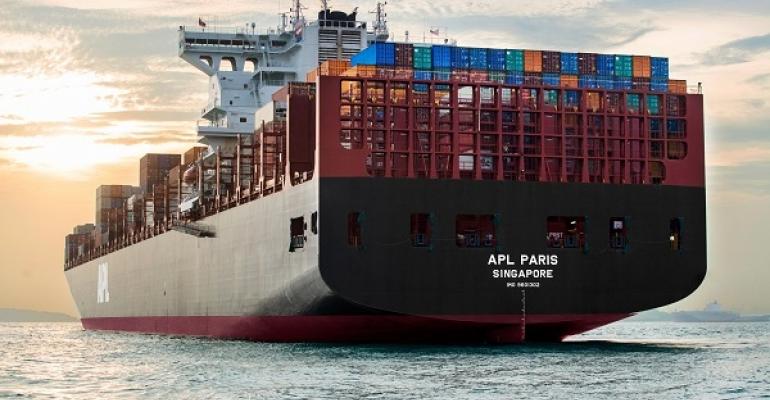The consortium tested a solution where documents are no longer exchanged physically or digitally but instead, the relevant data is shared and distributed using blockchain technology under single ownership principles determined by the type of information.
“Our trials have proven the viability of a shipping process in which many documents can be replaced by secure and distributed data sharing with clear and defined ownership,” said Adriana Diener-Veinott, who leads Accenture’s Freight & Logistics industry practice. “This gives companies a significant opportunity to save time and money while improving their service to customers.”
The consortium, which represents typical stakeholders across an international shipment, collaborated to test 12 real shipments, with various destinations, each with different regulatory requirements. The tests confirmed that blockchain can reduce operating costs and increase supply chain visibility.
Each organization involved in the trials typified a particular stakeholder in the shipping process: AB InBev represented a typical exporter; APL contributed its role as a shipping organization; Kuehne + Nagel provided direction on the requirements for a freight forwarder and a European customs organization replicated the regulatory requirements that cargo faces. Accenture provided the technological and consulting expertise on the blockchain technology and developed the technical architecture required to support a blockchain solution, leveraging the capabilities of its Singapore Internet of Things practice to rapidly build the prototype.
“As a facilitator of global trade and strong advocate of innovation, APL sees much potential in blockchain technology to accelerate the digital transformation of the container shipping industry, moving us from traditional paper-based transactions to more efficient, more secure and faster processes along the entire supply chain,” said Eddie Ng, head of Strategic Liner Management at APL. “We are therefore happy to be part of the exciting journey to explore how disruptive technology like blockchain can benefit our industry, and ultimately our shippers and their customers.”
Kuehne + Nagel International cio Martin Kolbe said: “As part of Kuehne + Nagel’s digitalization strategy, we explore innovative technologies to create benefits for our customers. Blockchain is one of the most promising technologies in logistics. It has the potential to digitalize many of today’s paper-based processes and overcome the multitude of different interfaces. From our perspective, the open and collaborative approach applied in this project is key to gaining traction in the industry and the required market acceptance.”
“We continually evaluate new technologies and innovations to enhance our operations to meet consumer needs and deliver the freshest beer,” said AB InBev international logistic vp Danillo Figueiredo. “Blockchain technology will be transformational to our business and the world. It reduces mistakes, digitizes information and improves the supply chain process so we can focus on our core business of brewing the best beers for consumers.”
An international shipment of goods for companies in areas such as the automotive, retail or consumer goods industries typically requires more than 20 different documents, which can reduce real-time visibility and ultimately result in delayed financial settlement on goods.
The blockchain solution can speed up the entire flow of transport documents and reduce the requirement for data entry by up to 80%. The reduction or elimination of printed shipping documents is seen potentially saving the freight and logistics industry hundreds of millions of dollars annually.
Copyright © 2024. All rights reserved. Seatrade, a trading name of Informa Markets (UK) Limited. Add Seatrade Maritime News to your Google News feed.


